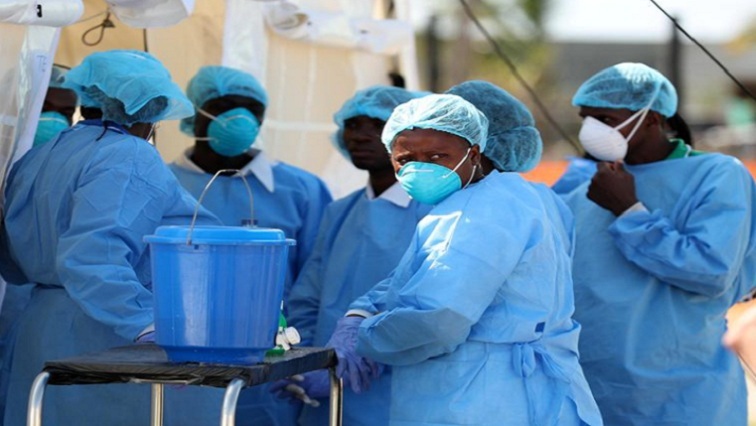The Water Research Commission (WRC) says the source of the cholera outbreak in Hammanskraal, north of Pretoria, is still not known.
Hammanskraal recorded over 20 deaths of the waterborne disease, the highest in the country.
After conducting their own investigations, the Water Research Commission have also not been able to provide answers to what led to the deadly cholera outbreak.
Research Manager at the Commission, Eunice Ubomba-Jaswa says samples collected from the Apies River, downstream from the Temba Waste Water Treatment Plant, tested positive for cholera.
“From this investigation can see that it remains unknown whether the water was the source of the cholera outbreak. But we do know that at the time that’s had something was taking place that was Vibrio cholera circulating in the environment and that is because obviously we got the sample downstream of Hammanskraal. However, if we look at the water sanitation and hygiene issues in that community, we find that there’s operational inefficiencies of the terminal or even wastewater, that means that wastewater is not being treated. The community could be exposed to that because of the Apies River.”
Ubomba-Jaswa says the community is not receiving quality drinking water from the Temba Water Treatment Plant.
“There’s a lot of illegal dumping and poor solid waste management which contributes to the spread of bacteria. We are also monitoring for high Ecoli levels. So, our recommendation then is to really make sure that there is a proper waste collection system in the area. Sewage infrastructure must be maintained.”
Cholera is not only from water and food but can be transmitted from person to person interaction as well, and Norah Motha from Cubic M Africa, says once cholera is detected, there needs to be quick response.
“Residents are then forced to share pit latrines which increases the risk of cholera transmission. So, important areas, most households rely on pit latrines, although some have a small number have installed tents with flush toilets. So, the lack of access to running water and proper hygiene facilities can be problematic as it poses challenges. Most residents seldom do wash their hands with soap after using the toilet, leaving the country vulnerable to the risk of cholera transmission.”
The CEO of the Water Research Commission, Dr Jennifer Molwantwa says there should be more awareness around the cholera outbreak.
“The infrastructure is not working. That’s not going to improve and therefore people should not be using the type of water. But when you’re also talking about this sort of thing, the alternative options that are on the table where you attend carrying water for people, it has to be consistent supply. It has to be tested. It has to be checked is its of good quality. And people should be also educated around boiling and its uses and all of those things. Whose responsibility is it? I think I’ve created the picture on the different spheres and involvement in the model of water service delivery, which is of a concern. And as a result, I mean, there’s budgets for infrastructure at municipal level.”
The Water Research Commission says adequate sanitation and proper hygiene practice helps prevent cholera transmission.


